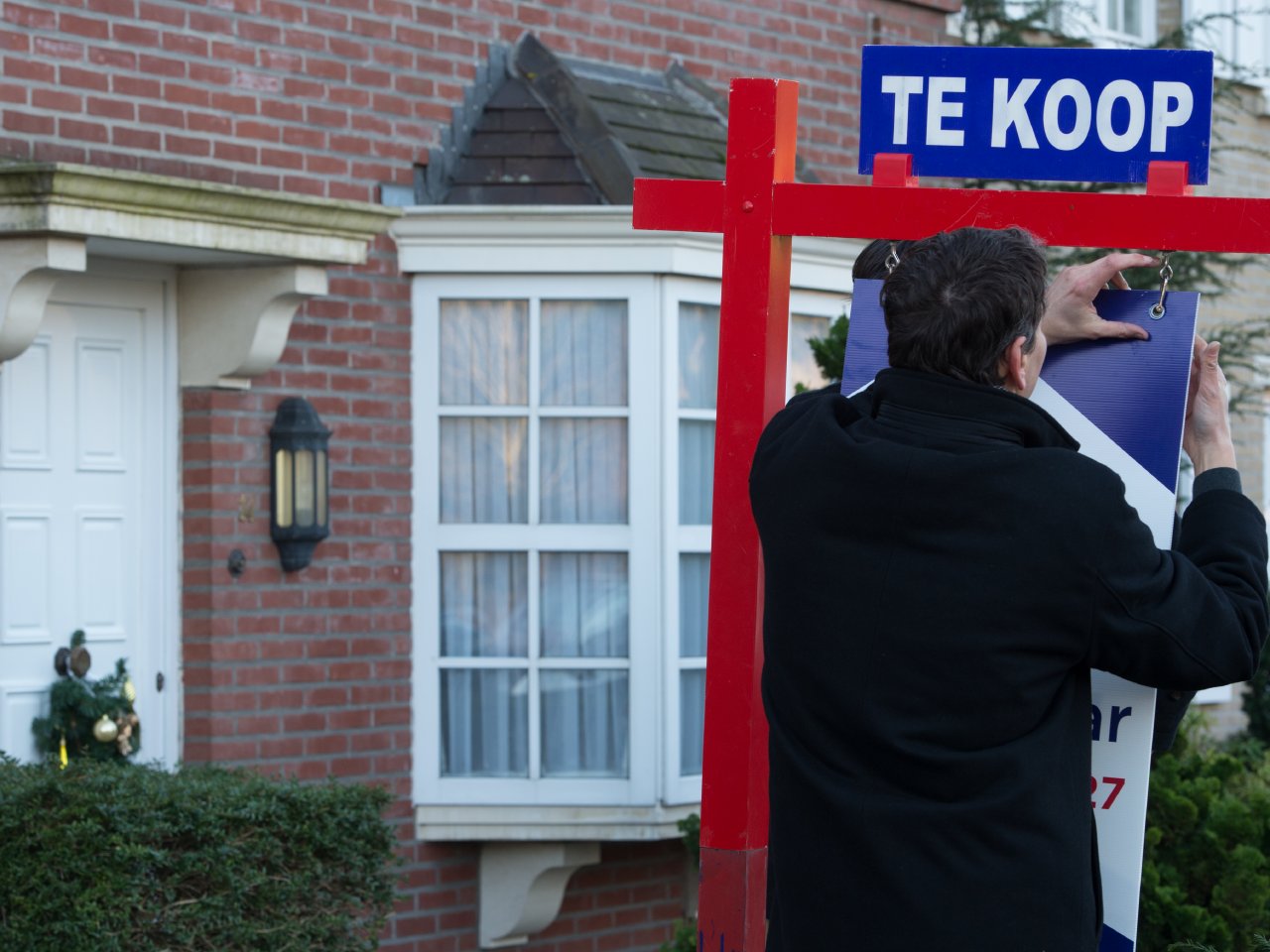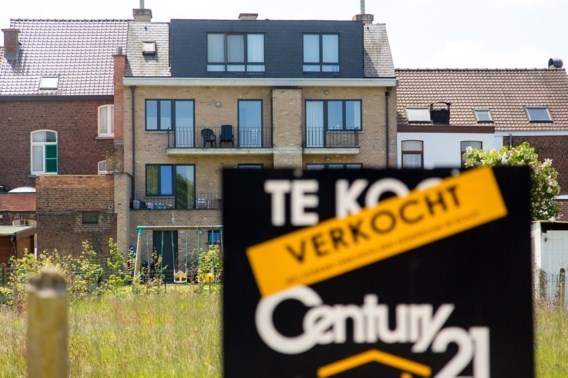The notary costs for people purchasing a house will soon be reduced by an average of €1,000 as part of a complete reform of the notarial profession, which comes in light of a study showing costs are too high and not always transparent.
The thorough reform of the notary office, announced by Federal Justice Minister Vincent Van Quickenborne on Wednesday, will drastically reduce fees for a number of acts and the customer's invoice will become more transparent, while the profession itself will be modernised to make it more attractive for beginners.
"This is the most important reform of the notarial sector in the last 70 years. We opt for lower rates, more transparency and legal certainty, better conditions for starting entrepreneurs and a modern statute," he said in a statement.
The fees charged for services by notaries are legally stipulated in the Royal Decree of 16 December 1950, of which the last small adjustments were made in 1980. In its study, the FPS Economy determined that the outdated fee regulation does not take into account the social evolution of the profession.
Lower costs when purchasing homes
The fees and administrative costs for both the purchase deed and the loan deed, which anyone buying a house in Belgium must pay, are approximately €1,100 per deed, meaning people are faced with around €4,000 in notary fees (for the purchase of a median home for which a loan of €200,000 is taken out).
Belangrijk nieuws. We zorgen voor de meest grondige hervorming van het notariaat sinds 1950. De notariskosten voor de gezinswoning dalen met gemiddeld 1.000 euro. 📉
📻 Om 7u35 meer uitleg bij #deochtend op @radio1be. — Vincent Van Quickenborne (@VincentVQ) February 23, 2022
Tweet translation: "We provide the most thorough reform of the notarial profession since 1950. Notary fees for the family home will drop by an average of €1,000."
As part of the reform, administrative costs for the deed of purchase and the deed of the loan will be fixed at €750 and €550 respectively. The fees for the purchase of a home in which the person or family will live will also be reduced by €50 on average.
The notary fees for a median home of €232,500 will decrease by €1,102.31, representing an average of 25% discount on notary fees. However, there will be no advantage for people buying the most expensive houses above €800,000.

Credit: Belga
"Working with a fixed fee is more transparent and clearer. We estimate that buyers will be able to count on a discount for the deed of sale in approximately 98% of sales and loans of the only owner-occupied home in our country. The purchase and financing of a home become a bit cheaper and it is immediately clear how much the costs are," Jan Sap, Director-General of the Federation of Notaries (Fednot), said.
The fees paid to notaries for selling flats or plots for executing the basic deed will be reduced to a lump sum of €550 for administrative costs, rather than the usual amounts of €1,000 or more than notaries currently charge.
Cheaper wills and transparent invoices
For family deeds (such as powers of attorney or wills) which cost around €195 today, the price will be lowed by €50, while the cost of starting up as a new entrepreneur will be capped at around €1,000 (currently it is around €1,500).
Notaries will also have to give a clearer overview of costs and will have to make a clear distinction between fees, third-party expenses and administrative costs.

undefined
"By listing this clearly, there can be no more unjustified confusion and it is clear to the citizen which costs are incurred."
Modernising profession
Van Quickenborne also aims to make the profession of notary more attractive to young candidates by increasing flexibility and improving work-life balance.
Meanwhile, people who want to exercise the profession but don't want to make the financial commitment of being part of a company and working full-time on a self-employed basis are offered a solution with the new status of "associate notaries," meaning they will become employee notaries who can act as fully-fledged notaries.
Related News
- House prices in Flemish 'greener' city outskirts skyrocketing
- Belgium's housing market begins to cool after earlier price increases
The system of cross-subsidisation will be retained through the Notarial Fund, taking into account the proposed changes to fees and costs to avoid smaller offices facing serious financial problems. "In this way, the financial impact will be divided among all offices in the country," Sap said.
The legal texts will be approved by the Council of Ministers next Friday and will then be submitted to Parliament for approval after receiving the advice of the Council of State. The new tariffs are expected to enter into force on 1 January 2023.

